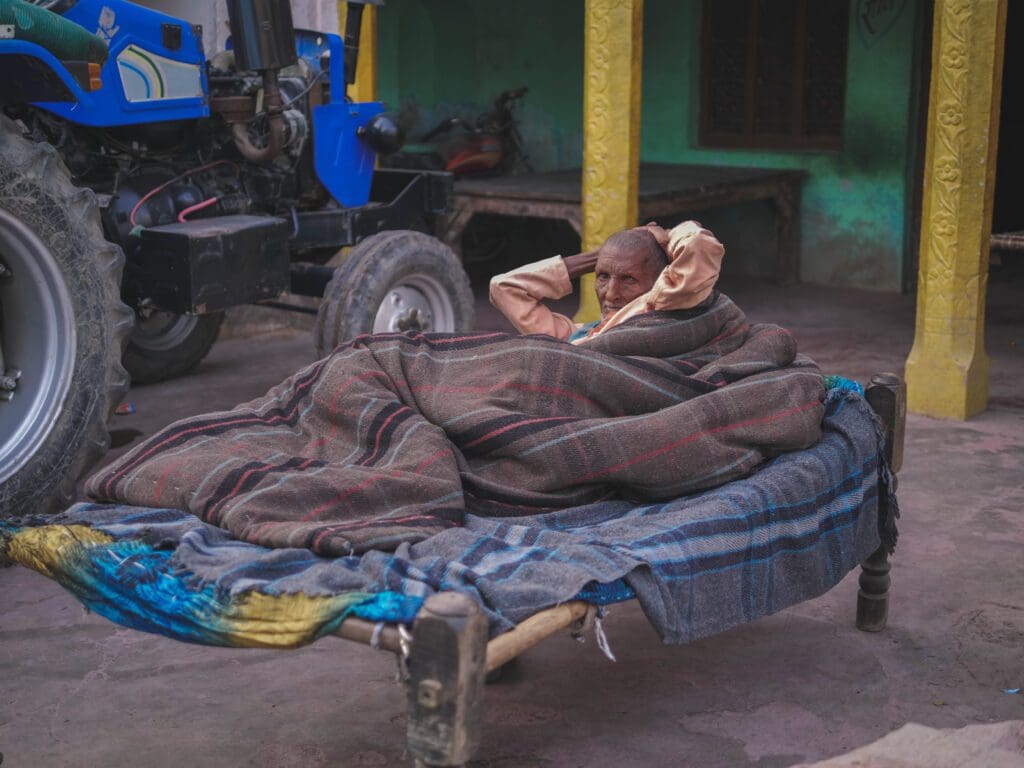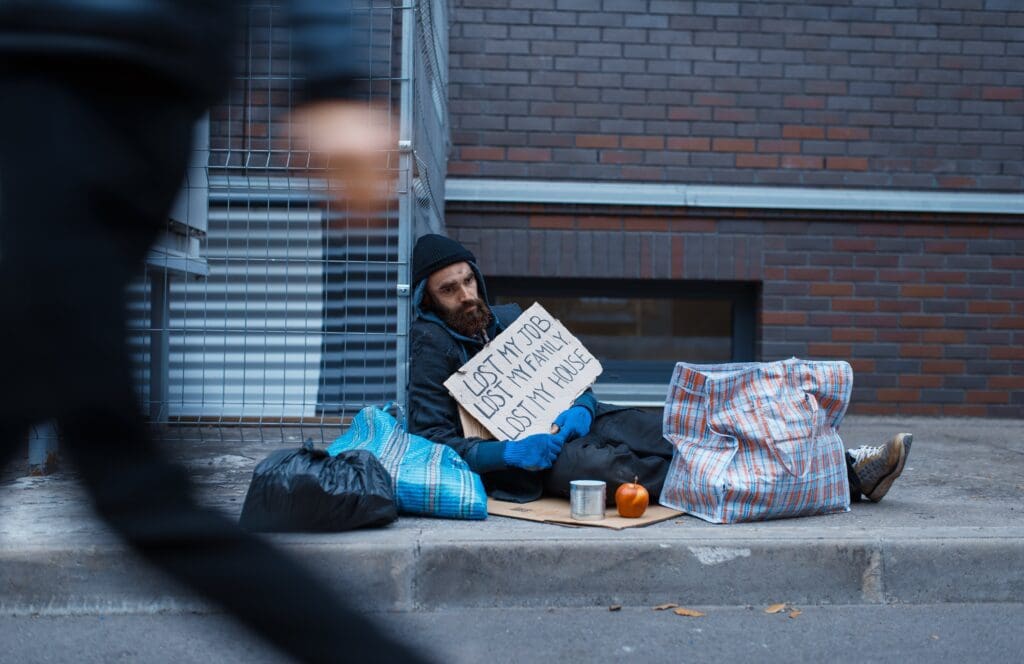
What a beautiful thing to imagine: no poverty. Everyone in the world with their basic needs met. The majority would not be wealthy, but no one would live in poverty. Too much to imagine? An impossible dream? Perhaps. But “nothing happens without first a dream.”
And so the proposal of the United Nations in its 2030 Agenda for People, Prosperity and the Planet proposes 17 Sustainable Development Goals as the roadmap. Accompanied by the key mantra “leave no one behind” for this is a global proposal. And Goal #1 is No Poverty.
SDG1 has a broad objective: “Ensuring that the entire population and especially the poorest and most vulnerable have equal rights to economic resources, access to basic services, property and land control, natural resources and new technologies.”
When 193 countries signed on to this UN 2030 Agenda, they pledged to create sound policy frameworks at the national, regional and international levels, based on pro-poor and gender-sensitive development strategies, with social protection systems and measures, to eradicate poverty.
What is poverty? How we define things shapes how we address them. Poverty is much more than a lack of income. The poorest among us are often hungry, have less access to education, regularly have no light at night, and suffer malnutrition and poor health. They may also suffer social exclusion and discrimination.

And poverty is intrinsically linked to housing and neighborhood, clean water and sanitation, as well as employment. No surprise! Systemic change, the Congregation’s specific method of evangelizing, reminds us that nothing happens in isolation, that everything is connected. And for Vincentians, whose legacy from the great Vincent de Paul is to evangelize and serve those in poverty, ending poverty would be a dream come true.
Global Poverty: the numbers vary because different measures are used. But it may surprise some readers to hear that most people live in poverty; two-thirds of humanity live on less than $10 a day. That’s one in every nine people. What a social sin that cries out to the heavens!
Extreme Poverty: The UN estimates that 10%, or 734 million people, suffer extreme poverty by living on less than $1.90 per day. The world was steadily lowering these astounding numbers until the COVID pandemic of 2020.
Eradicating Poverty: What would it take to eliminate the scourge of poverty? In a word, radical change. A conversion. Turning “business as usual” upside down. Some of the necessary changes might at least include:
- Prioritizing the Common Good at all levels in every nation, which will demand greater global collaboration as well as sacrifice and solidarity among nations;
- Guaranteeing global respect for the Universal Declaration of Human Rights;
- Prioritizing people over profits, a radical shift in decision-making, where Gross National Product or the Stock Market are not the measurement of the worth of a nation but rather the conditions of life for all its citizens;
- Building a new social contract in every nation, and taking steps towards a global contract for an increasingly interconnected world. These contracts are agreements among the members of a society to cooperate for the social benefit of everyone. This includes employment opportunity with just wages and benefits, healthcare, internet access and related issues;
- Building social protection floor policies in every nation, and one globally, guaranteeing basic services for those falling behind.
This is obviously a utopian list, proposing huge and almost unimaginable changes for policy-makers across the world. Each point is a lofty goal requiring step-by-step strategies and programs, while remaining open to ongoing refinement according to real-world experience and reasonable possibilities.
Surely we won’t eliminate global poverty by 2030, and maybe never in an absolute sense. But to make significant strides in this decade, at least on extreme poverty, and then more progress in the next…who knows?
In any case, no poverty. What an amazing thing to imagine.
Jim Claffey
NGO Representative of the CM to the UN

